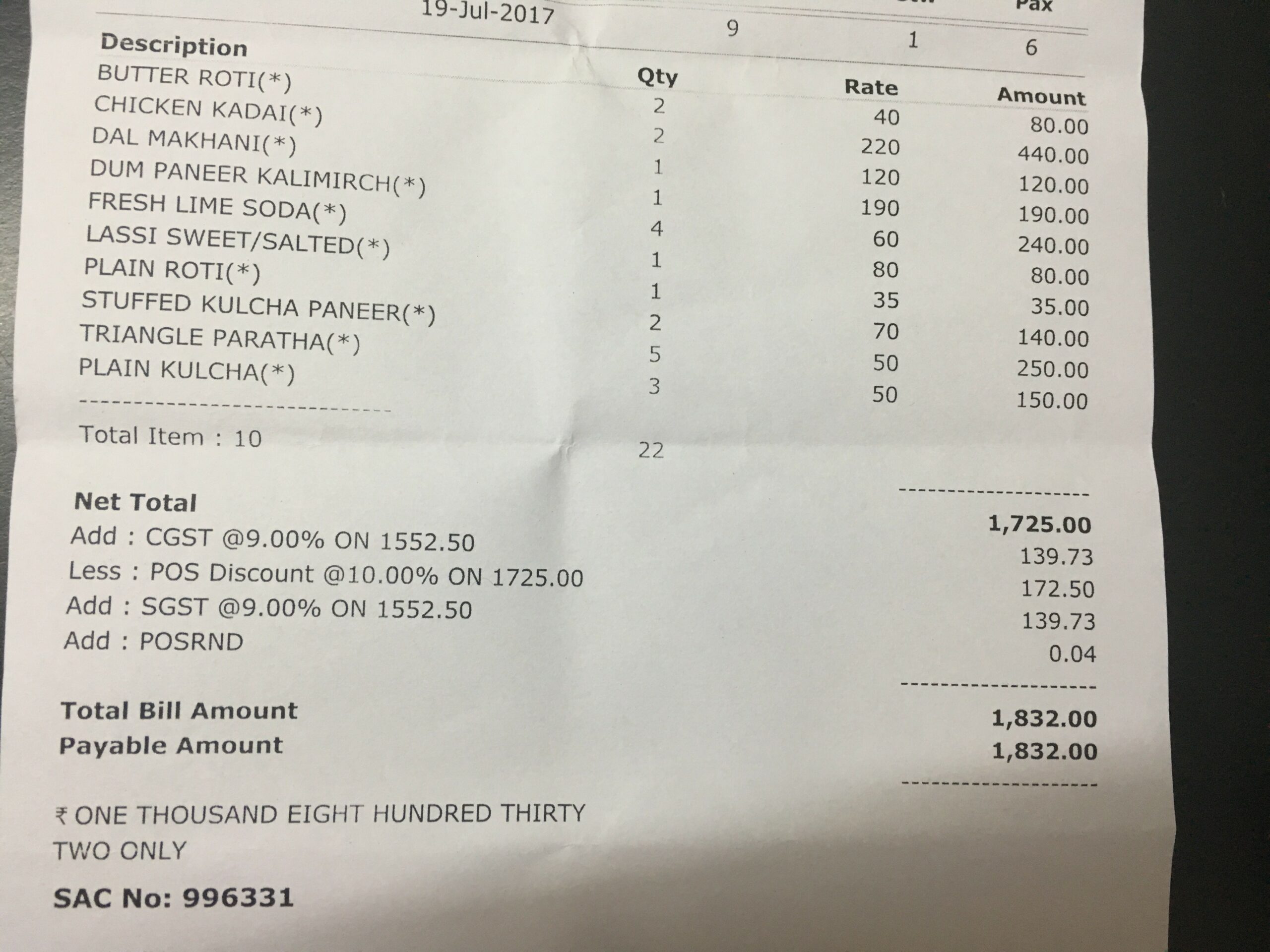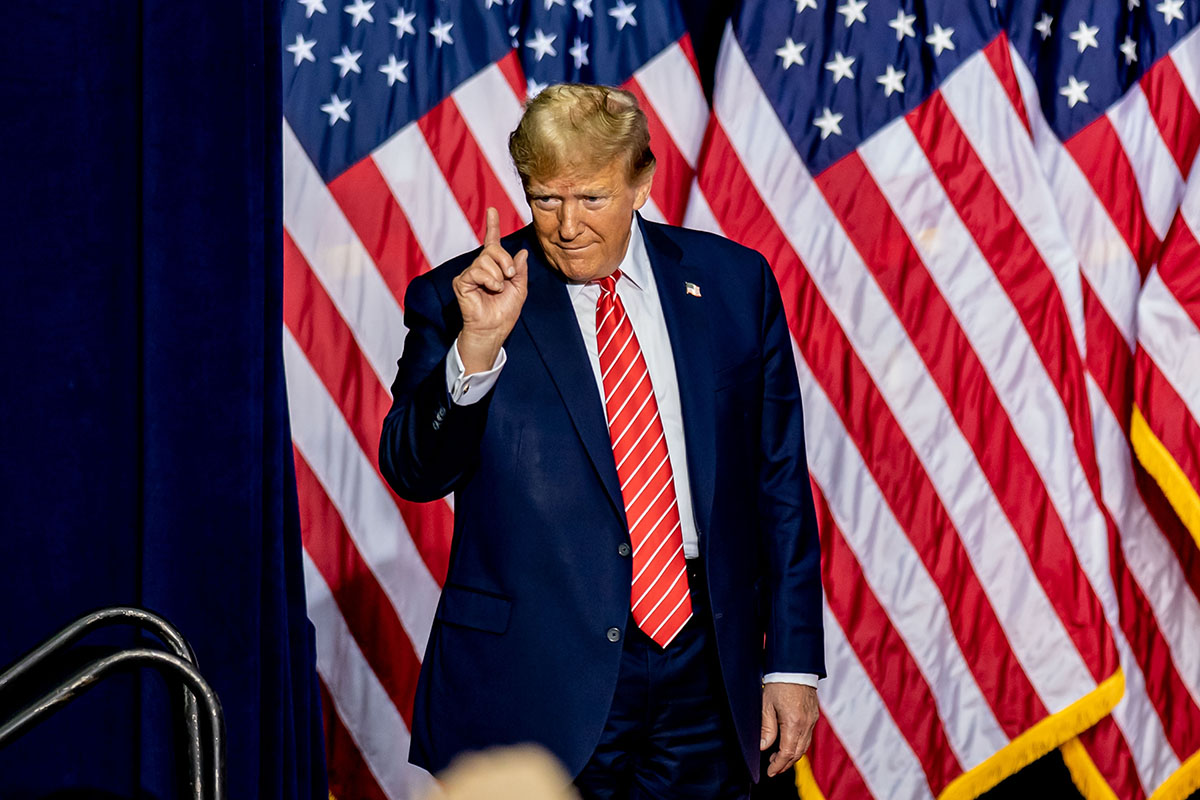“India will benefit from a new tax system”
July 20 India took a major step in tax reform with introduction of the long-planned GST. Shiboni D’Souza, 23, a Correspondent from Bangalore in India, writes that the reform was based on cooperation and predicts it will bring overall benefit.
India took a major step in tax reform with introduction of the long-planned GST. Shiboni D’Souza, 23, a Correspondent from Bangalore in India, writes that the reform was based on cooperation and predicts it will bring overall benefit.
India implemented the Goods and Services Tax on July 1, seventeen years after the reform was first proposed.
Historically, types of tax in India included Central Sales Tax, Purchase Tax, Value Added Tax, Central Excise Duties, Service Tax, Luxury Tax, Entertainment Tax, Cesses and charges on supply of goods, and Octroi.
In short, the system of taxation was a cascading system: Tax is levied on a good at each stage of production, at every stage in the supply chain to the end user inclusive of any previous cascade taxes being levied.
Apart from this, each tax follows different legislation, making it complex. Various tax barriers such as check posts and tolls lead to wastage of perishable items being transported, a loss that translates into major costs. This leads to the need for buffer stocks and higher warehousing costs as well. A single taxation system could eliminate this roadblock for them.
There are also variable rates and procedures, with certain taxes under the purview of the state governments. A major change that GST will bring about in India is to make it a destination-based taxation and avoid the cascading effects of tax.
The dual GST model in India will provide for three types GST, specifically the Central Goods and Services Tax, the State Goods and Services Tax, and the Integrated Goods and Services Tax .
The CGST is paid to the Central Government, while SGST is paid to the state government. CGST and SGST is applicable on intra-state transactions. IGST will be applicable on all inter-state sales. With the implementation of GST, sales across state borders will be come easier as there will be only one type of tax.
This will ultimately bring about reduction in the cost of daily goods. It will help get rid of hidden taxes in services such as restaurants.This organised tax structure is expected to increase the GDP of the nation, leading to higher investment in public infrastructure. GST will be a boon for IT, as legislation for services rendered will be much more straight forward.
Simplified rules of taxation will lead to an increase in investment in start-ups and manufacturing, which is good for the market as more choices are available for the consumer.
With GST, businesses will be able to sell their products at a national level, giving consumers a wider range of products to choose from. However, not all prices will decline under the new system. Phone bills, phones, jewelery and online shopping will see an increase in price. Online shopping will now be coming under the tax net and hence will start to get a little dearer.
To illustrate GST in the most simple terms, we are used to restaurant bills with the cost of the items orders + service tax + tax on alcoholic beverages + VAT. Now, bills look like this: cost of orders placed + CGST @ 9% of orders + SGST @ 9% of orders
There will be many challenges along the way. However, implementation of GST is said to improve the stability of the economy. Working in a supply chain consultancy, I have seen companies preparing their systems for a GST-ready India. A challenge initially would be slight inflation, however, this too is a slim possibility.
The implementation of GST will have a few challenges along the way, including dependency on the IT system and establishing efficient tax administration. However, what I find amazing is the cooperation between state and central government that is necessary to make this a reality.
It is inspiring to see people work towards building a system that benefits all, and ultimately building the country. Given the long time that India has been preparing for this implementation – since 2000 – this is truly a remarkable feat.
photo credit: courtesy of Shobini D’Souza
About me: My passion is writing. My love for reading started in third grade with the Harry Potter series. I was in the founding team of TEDxBMSCE (https://www.ted.com/tedx/events/18607) and was on the core committee of our college’s national level technical fest. I have also been involved in a major college fest in Karnataka. I am an Industrial Engineering Management graduate now working as a business analyst.
…………………………………………………………………………………………………………………
Opinions expressed in this article are those of the author and do not necessarily represent the views of the Commonwealth Youth Programme. Articles are published in a spirit of dialogue, respect and understanding. If you disagree, why not submit a response?
To learn more about becoming a Commonwealth Correspondent please visit: http://www.yourcommonwealth.org/submit-articles/
…………………………………………………………………………………………………………………






